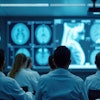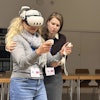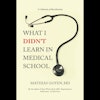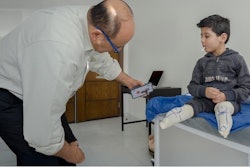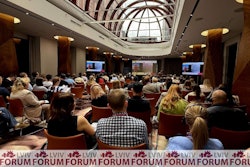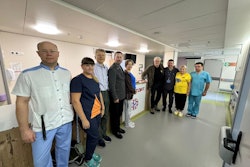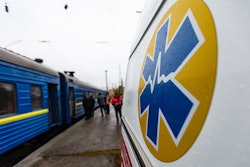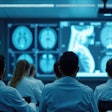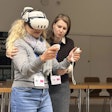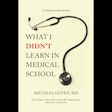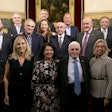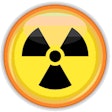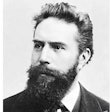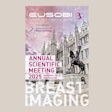Despite the monumental challenges presented by the ongoing war, Ukrainian radiologists have continued to train and collaborate, conducting programs and conferences.
The “Radiology in Ukraine X National Congress” will be held in Kyiv from 10 to 12 September, with more than 1,000 participants expected to attend from around the globe. The program encompasses the gamut of specialties, including pediatric, interventional, breast, combat, emergency, endocrine, and neuroradiology, as well as advances in recent technology and radiation safety, and it will include 17 sessions and 160 speakers from a variety of countries.
This congress follows the “Modern Cardiovascular Interventions: Lviv Forum,” organized by Ukrainian-Polish Heart Center Lviv and held in mid-June, which attracted around 360 onsite attendees and 870 virtual delegates from all regions of the nation, as well as Poland, Italy, the Czech Republic, and the U.S. This conference, focused on the high rate of cardiovascular morbidity and mortality in Ukraine, was free of charge; it also streamed on YouTube, with content for both Ukrainian-speaking participants and an international audience.
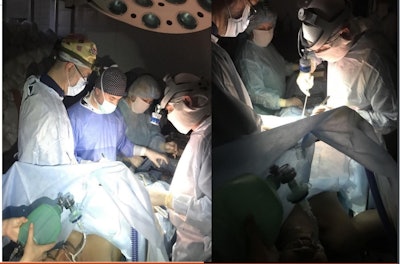 Blackouts continue to be a regular part of hospital life in Ukraine. All images and video clip courtesy of Dr. Uliana Pidvalna.
Blackouts continue to be a regular part of hospital life in Ukraine. All images and video clip courtesy of Dr. Uliana Pidvalna.
Collaboration with the international radiological community has been crucial for Ukrainian radiologists; engagement with colleagues from other countries has ensured that the practitioners of the country are not only sharing information about techniques and practice but are also receiving critical practical support.
Dr. Uliana Pidvalna, PhD, an associate professor of normal anatomy at Danylo Halytsky Lviv National Medical University and R&D at Ukrainian-Polish Heart Center Lviv, in her ECR 2024 poster titled “Fellowship in Challenging Times: Proceed or Postpone?” stressed the importance of collaboration with colleagues even (and perhaps especially) in wartime. While detailing the obstacles she and her Ukrainian colleagues have faced in undertaking gatherings and how they have overcome these, she explains why such fellowship is prioritized: “Conducting scientific work, in particular fellowships, during wartime is a testament to the indomitable spirit of inquiry and discovery.”
Frequent missile attacks have caused chaos and disrupted daily clinical life over the past three and half years.
Although findings in JAMA last year showed that radiology was among the specialties less affected by the ongoing war than others, "less affected" is relative: The impact on radiology departments has nevertheless been significant as attacks on healthcare facilities have mounted.
A July 2024 Russian rocket attack on Ukraine’s largest pediatrics hospital resulted in significant damage to the Kyiv facility’s x-ray and ultrasound machines. By October, the department had made significant inroads in reestablishing normal service, in part through the donation of seven Butterfly iQ+ ultrasound devices through vRrad's First Read Initiative (FRI), in collaboration with Dr. Douglas Davis and Dr. Olga Maihutiak at MedGlobal and the Ukrainian Medical Association of North America (UMANA).
Beyond rebuilding and replacing catastrophically damaged facilities and equipment, the infrastructure of Ukrainian radiology -- particularly in the arena of medical physics -- has been bolstered through the installation of new equipment to replace aging units, augmented with training in its use.
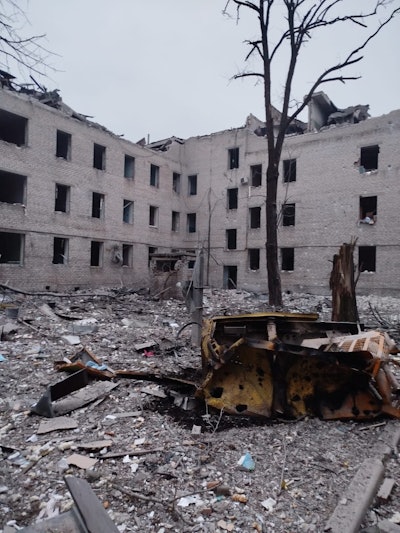 Ukrainian hospital in Pokrovsk after Russian aviation attack in February 2025. The hospital was hit by seven missiles.
Ukrainian hospital in Pokrovsk after Russian aviation attack in February 2025. The hospital was hit by seven missiles.
Radiation oncology capabilities in Ukraine have been enhanced with the installation of more than 20 new linear accelerators (linac) from Elekta, replacing older Co-60 units. Along with the transition from the outdated units, training sessions on the new linac units have been ongoing to ensure staff expertise and consistent quality of care with the new equipment.
Help Ukraine Group (HUG), comprising radiation oncology practitioners from the US, Australia, and Canada, has assisted with organizing the training sessions for the linac equipment, focusing on acceptance, commissioning, and quality assurance; in July, Dr. Ruslan Zelinskyi led the fourth of 15 medical physics training sessions planned for the year at the Spizhenko Clinic in Kyiv.
Other organizations are participating in the training as well: In January, Siemens Healthineers and the American Society of Radiologic Technologists (ASRT) announced a global training initiative for radiologists; the first program announced is training based on ASRT’s industry-standard curriculum and educational content for 50 radiographers in Ukraine. The training will be conducted online and at the Siemens Healthineers Academy in Poland over the next two years.
"War disrupts the normal course of life. Nevertheless, it's possible to learn how to navigate these circumstances and keep making scientific progress," Pidvalna wrote in her poster, an apt summation of Ukrainian radiology in wartime.

